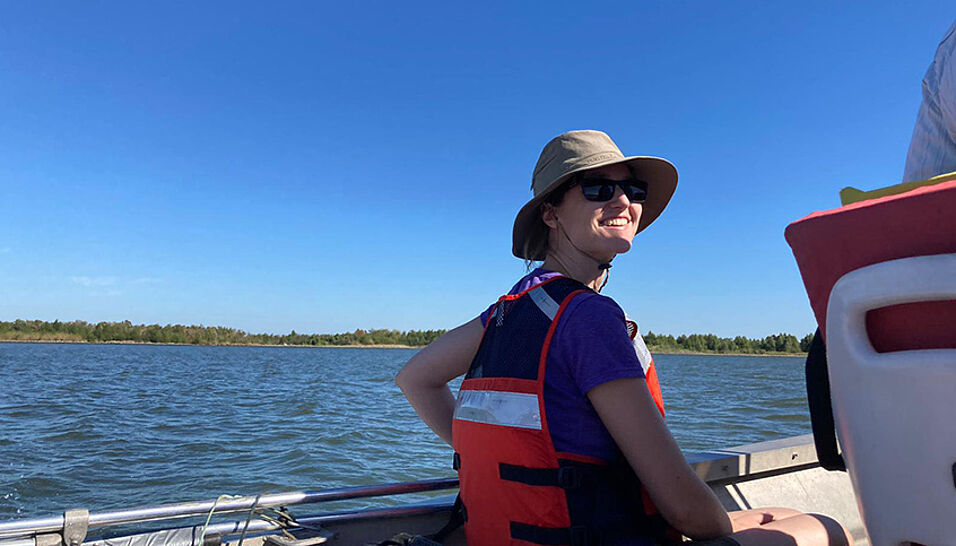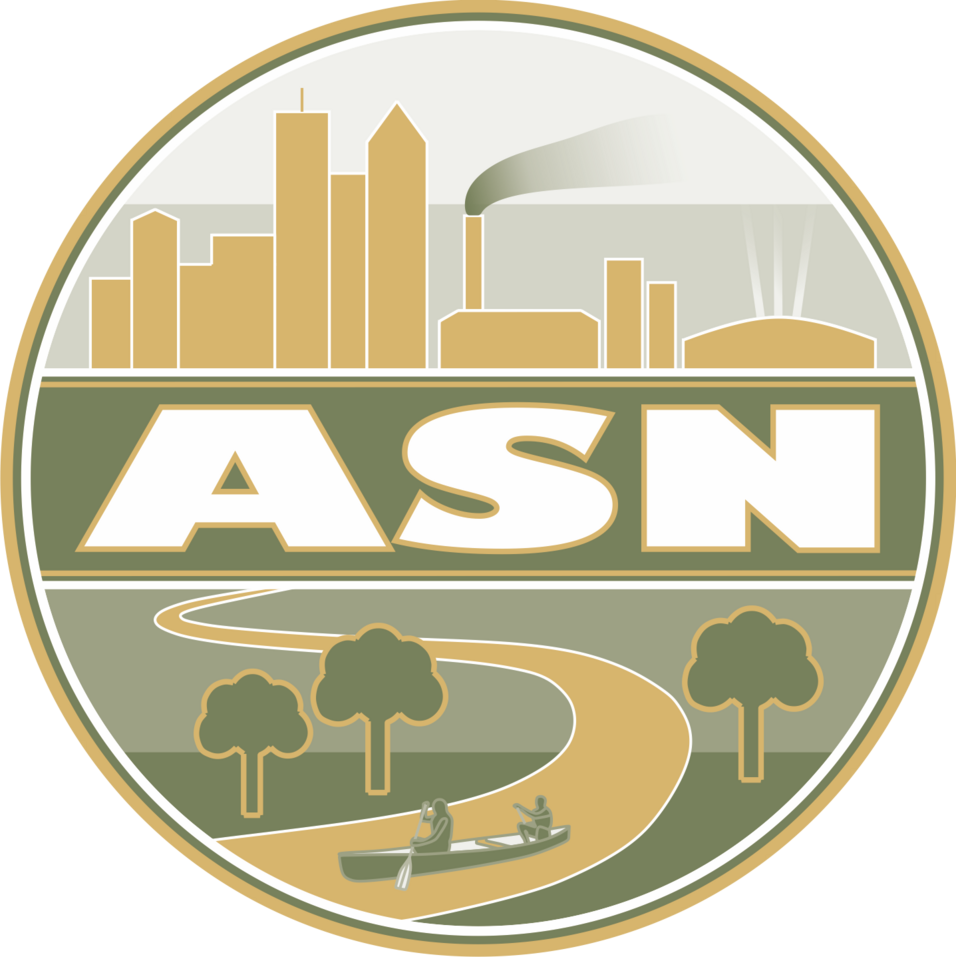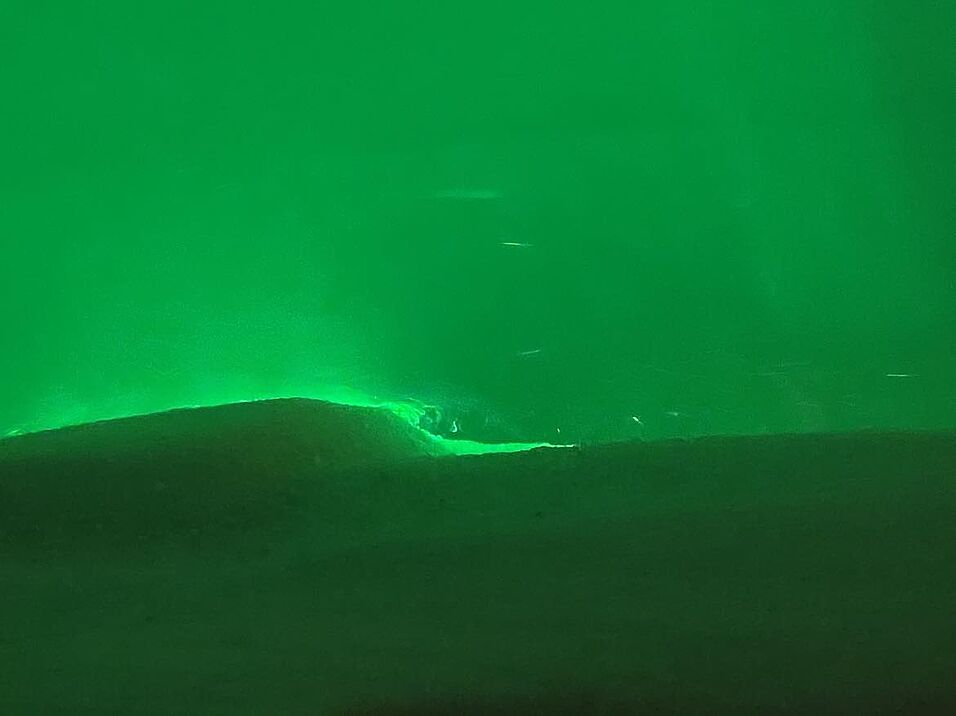What is so fascinating about your research area?
Catherine Russell: I’ve always wanted to know why the world is like it is today. It began with looking at a mountain and wondering why it was there. Now I explore how landscapes form, archive, and transform, especially through the lens of human impact. Sediment contains stories that can help us to understand the world, and to connect disciplines. My favourite moments are when ideas flow between fields and we can imagine new, unexpected ideas.
Which central message should your students remember?
Catherine Russell: We are still building geology, and participating in it. I want students to know they can contribute to shaping this science, especially through interdisciplinary thinking. Everything on Earth that moves is a potential sediment. That idea invites us to rethink boundaries and value complexity, including discordance. We need open minds, critical tools, and the courage to connect geology with other ways of reading the world.
Why did you decide to do research and teach at our Faculty?
Catherine Russell: This institution has a dynamic knowledge base in Anthropocene topics, and I’m thrilled to contribute. Since 2021, I have been part of the ongoing IGCP project 732 LANGUAGE of the Anthropocene based in Vienna, so it is the perfect institution for me to teach and develop “Applied Anthropocene Sedimentology” and explore Vienna, learn from the students and their experiences of the Anthropocene.
Which three publications characterise your work?
- Russell, C. E., Fernández, R., Parsons D. and Gabbott S. (2023). Plastic fundamentally impacts sand transport in fluvial systems. Communications Earth and Environment. 4, 1-10.
- Russell, C. E., Pohl, F., Fernández, R. (2025). Plastic as a Sediment – A universal and objective practical solution to growing ambiguity in plastic litter classification schemes. Earth Science Review, 261, 1-19.
- Russell, C. E. (2025). Classification Framework for assessing anthropogenic sedimentary facies. The Sedimentary Record, 23, 1-14
Thank you for visiting our Faculty!
About the Person
- Dr Catherine Russell is a researcher on the impacts of human activities on Earth's surface processes, with a specialization in river systems. She is dedicated to establishing Anthropocene Sedimentology as a recognized sub-discipline within geoscience. In 2024, she taught the first course on Anthropocene Sedimentology at the University of Vienna. She completed a Fulbright-Lloyd's of London Visiting Scholarship in Louisiana from 2022-2023, and was awarded the Roland Goldring Award in 2023 by the British Sedimentary Research Group for making a noteworthy contribution to sedimentology.
- Homepage
- Anthropocene Sediment Network
- Anthropocene Sediment Network Conference 2025 on 18.06.2025
- Working group / host professor at our Faculty: Michael Wagreich, Department of Geology
- Course in the summer term 2025: 280102 VU Applied Anthropocene Sedimentology - Field Trip



